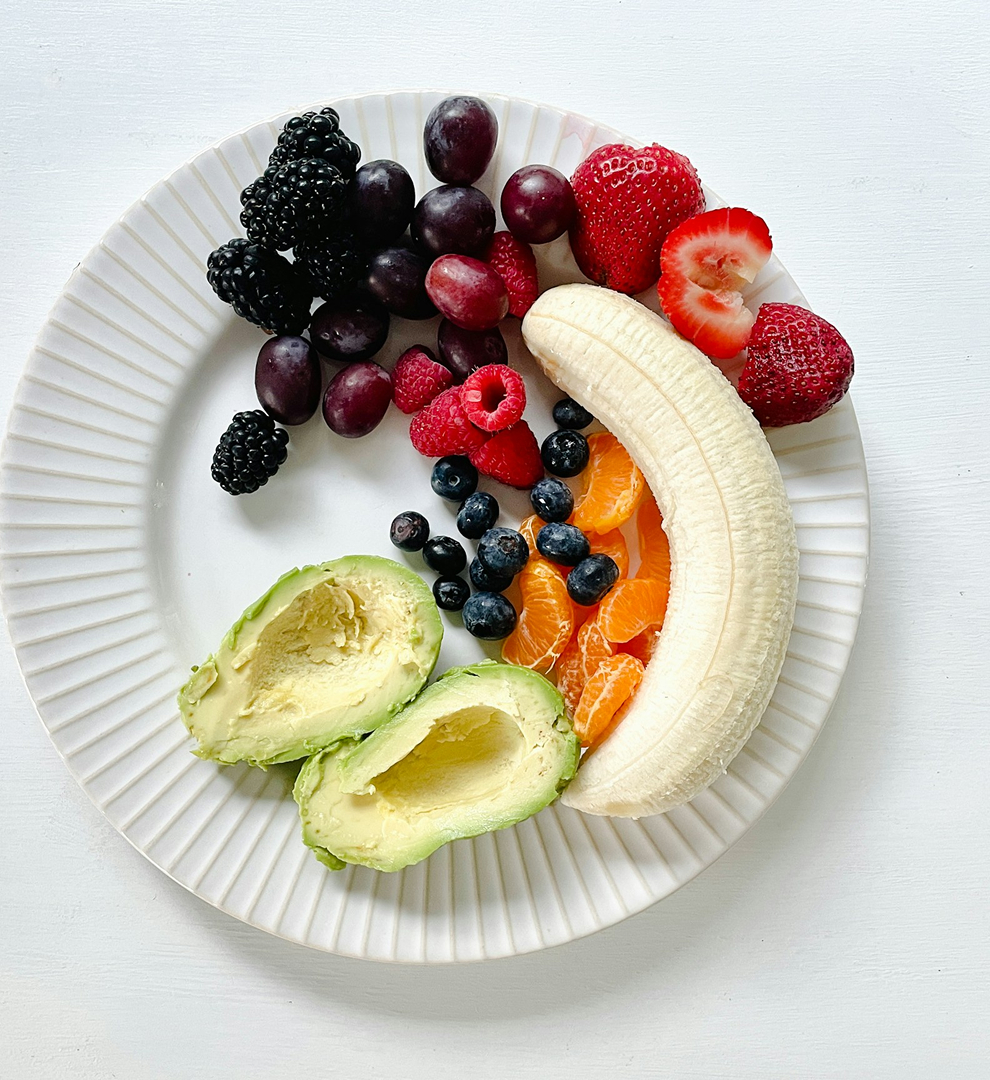Separating Fact from Fiction in Nutrition
The world of nutrition is unfortunately filled with myths, misconceptions, and pseudoscience. From miracle weight-loss supplements to extreme dietary restrictions, misinformation spreads faster than scientific evidence. Let's examine some of the most persistent nutrition myths and uncover the truth behind them.
Myth #1: Carbohydrates Are the Enemy
One of the most damaging nutrition myths is that all carbohydrates should be avoided. This misconception has led many people to eliminate entire food groups from their diet unnecessarily.
Myth #2: Detox Diets Cleanse Your Body
The detox industry is worth billions of dollars, promising to cleanse your body of mysterious "toxins." However, this concept is not supported by scientific evidence.
Reality Check: Your liver and kidneys are incredibly sophisticated organs designed specifically for detoxification. They work 24/7 to filter and eliminate waste products from your body - no special diet or supplement required.
Myth #3: Fat Makes You Fat
The low-fat diet craze of the 1980s and 1990s led many people to believe that dietary fat directly translates to body fat. This oversimplification ignores the complex nature of metabolism and nutrition.
Essential Fats Your Body Needs:
- Omega-3 fatty acids - Support brain and heart health
- Monounsaturated fats - Help reduce inflammation
- Fat-soluble vitamins - Require dietary fat for absorption
Traditional Bangladeshi Nutrition Wisdom
In Bangladesh, traditional foods have provided balanced nutrition for generations. The combination of rice, lentils (dal), vegetables, and fish creates a nutritionally complete meal that includes:
| Food Group | Nutritional Benefits |
|---|---|
| Rice | Primary energy source, B vitamins |
| Lentils | Protein, fiber, iron, folate |
| Vegetables | Vitamins, minerals, antioxidants |
| Fish | High-quality protein, omega-3 fats |
Making Informed Nutrition Choices
To navigate the complex world of nutrition advice, consider these evidence-based principles:
- Consult qualified professionals - Registered dietitians have science-based training
- Be skeptical of quick fixes - Sustainable nutrition changes take time
- Focus on whole foods - Minimize processed and ultra-processed foods
- Practice moderation - No single food will make or break your health
- Consider your individual needs - Nutrition is not one-size-fits-all
By understanding and debunking these common nutrition myths, we can make more informed decisions about our health and well-being. Remember, the best diet is one that is sustainable, enjoyable, and based on scientific evidence rather than marketing claims.










